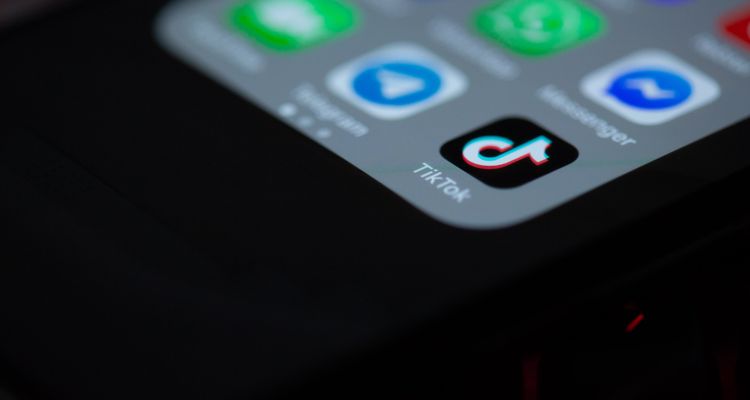Photo Credit: Solen Feyissa
Georgia, Idaho, and New Hampshire have become the latest states to ban TikTok for government employees.
As TikTok faces increased scrutiny from the federal government over security concerns, at least 16 states have taken official action against the app since 2020, either in the form of lawsuits or banning the app’s use on government devices.
On Tuesday, a group of federal lawmakers led by Florida Senator Marco Rubio introduced bipartisan legislation entitled the “ANTI-SOCIAL CCP Act” to ban the app broadly across the United States. On Wednesday, the Senate unanimously approved a separate bill requiring TikTok to be removed from all federal government devices.
TikTok officials have released statements outlining the company’s data practices, which include creating a US Data Security division and routing all US traffic through US-based servers. However, as of July, TikTok still uses data centers in Singapore to store backup user data — but is expected to delete those backups in a complete transition to the US-based Oracle Cloud Infrastructure. The company still “categorically denies” any allegations of mishandling user data, insisting that the accusations from government officials are “politically charged.”
“We’re disappointed that so many states are jumping on the bandwagon to enact policies based on unfounded, politically charged falsehoods about TikTok,” says a TikTok spokesperson.
Several states and elected officials maintain official pages on TikTok, such as California’s Gavin Newsom and Colorado’s Jared Polis, both Democrats. Notably, all actions that states have taken against the app have been led and introduced by Republicans.
On December 15, Georgia Governor Brian Kemp sent a memo to heads of state agencies directing them to ban several apps, including TikTok, from state-owned devices. The order also bans apps like WeChat from China-based Tencent Holdings and Telegram, founded by Russian brothers but now based in Dubai.
“The state of Georgia has a responsibility to prevent any attempt to access and infiltrate its secure data and sensitive information by foreign adversaries such as the Chinese Communist Party, (which) poses an ever-present national security threat to the United States,” reads Kemp’s memo, which cites federal policies as well as recent comments from FBI Director Chris Wray as inspiration for the new policy.
On December 14, New Hampshire Governor Chris Sununu signed an executive order banning several Chinese apps and services from state-owned devices and networks, including working with certain vendors for state business. The ban covers TikTok, Huawei Technologies, ZTE Group, Hytera Communications Corporation, Hangzhou Hikvision Digital Technology Company, Dahua Technology Company, Alibaba, and Tencent Holdings.
“New Hampshire is joining the growing list of states that have banned TikTok and other Chinese companies from state government devices and networks,” says Sununu. “This move will help preserve the safety, security, and privacy of the citizens of New Hampshire.”
On December 14, Idaho Governor Brad Little issued an executive order banning state officials from downloading or using TikTok on state-issued devices, which also directs the state’s Office of Information Technology Services to block TikTok on all state networks.
“The communist Chinese government can use TikTok to collect critical information from our state and federal government, and we are taking this step to protect Idahoans and Americans from the sinister motives of a foreign government that does not share our values and seeks to weaken and manipulate our country,” said Little. “This new ban to eliminate TikTok from state-issued devices and networks will help protect national security and Idahoans’ data.”
On December 13, North Dakota Governor Doug Burgum issued an executive order to ban TikTok from state-owned devices. That same day, Iowa Governor Kim Reynolds issued a directive to the state’s CIO to ban the app from state-owned devices and prevent agencies from maintaining a TikTok presence.
Alabama Governor Kay Ivey requested a ban on TikTok for government devices and networks on December 12. Utah Governor Spencer Cox issued an executive order the same day, banning TikTok from state employees and prohibiting state agencies and contractors from maintaining “branded” TikTok accounts.
Other states whose governors have taken action against TikTok through an official memo or executive order include Tennessee, Oklahoma, Nebraska, South Carolina, South Dakota, and Texas. Maryland’s Office of Security Management issued an emergency cybersecurity directive earlier this month to ban the app and several others from state networks. Indiana’s Attorney General also announced a pair of lawsuits against TikTok on December 7, alleging that the app courts children to use it through misleading advertising and that the company misrepresents its data-sharing policies.

